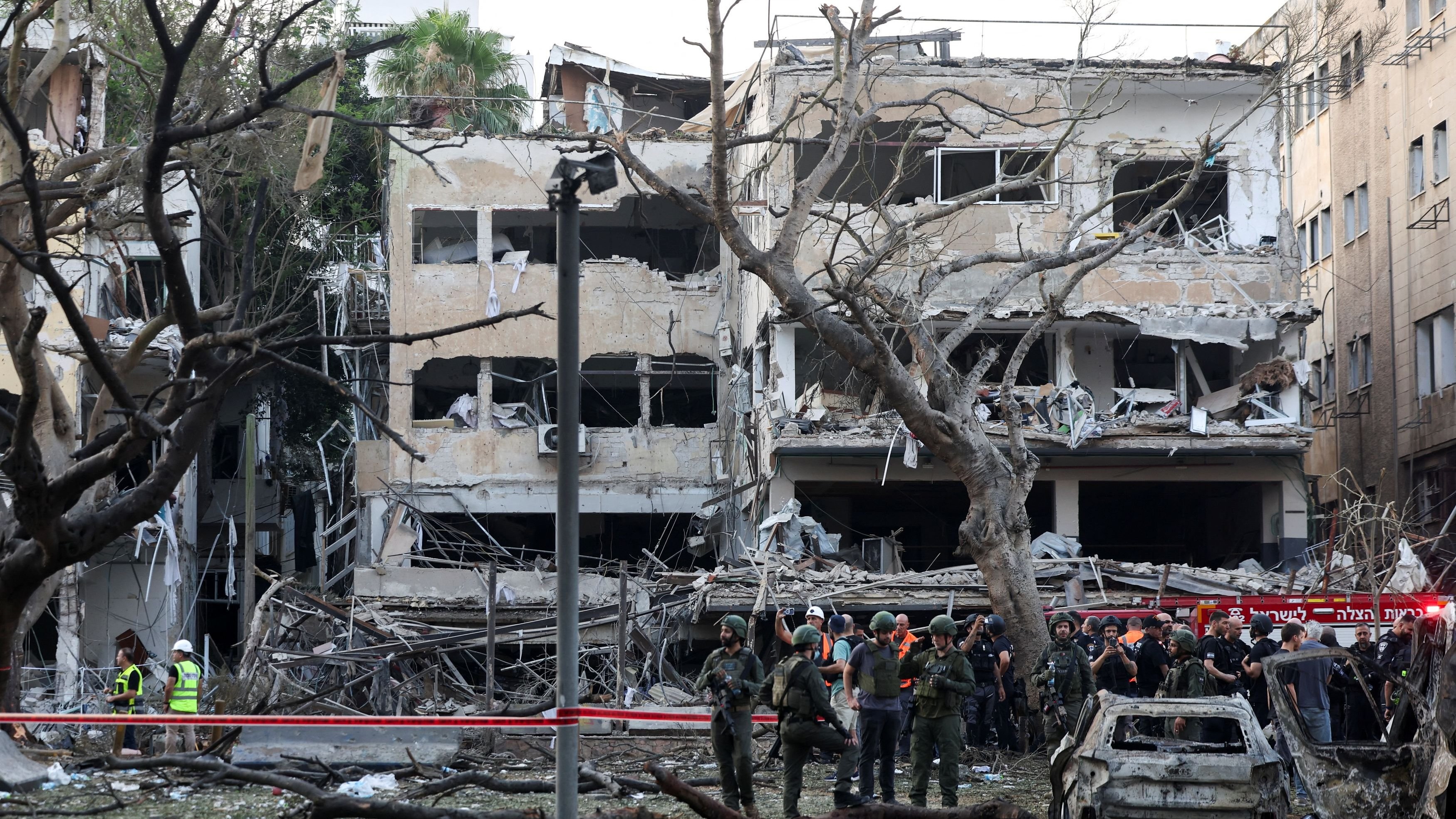The Headline
Iran missile strikes kill 5; G7 unites on nuclear prevention
Key Facts
- Iran's Revolutionary Guards said the latest missile attack employed a new method that caused Israel's multi-layered defence systems to target each other, allowing Iran to successfully hit many targets.
- At least five people were killed in the latest Iranian strikes, raising Israel's death toll to 18 since Friday, with at least 100 more wounded in the overnight attacks.
- Israeli Defence Minister Israel Katz stated that the arrogant dictator of Tehran has become a cowardly murderer targeting civilians to deter the IDF from continuing attacks that are collapsing Iran's capabilities.
- At the G7 summit in Canada, leaders including German Chancellor Friedrich Merz prioritized preventing Iran from developing nuclear weapons, ensuring Israel's right to defend itself, avoiding escalation, and creating room for diplomacy amid the Israel-Iran conflict.
Group of Seven leaders began gathering in the Canadian Rockies on Sunday with the Israel-Iran conflict expected to be a top priority.
Deccan Herald
If there is a shared mission at this year’s G7 summit, which begins Monday in Canada’s Rocky Mountains, it is a desire to minimize any fireworks at a moment of combustible tensions.
Theguardian
In 2015, Iran reached a landmark deal with the US and other Western countries, known as the Joint Comprehensive Plan of Action (JCPOA). The agreement limited Iran's nuclear program and imposed strict controls in exchange for the easing of sanctions.
Dw

